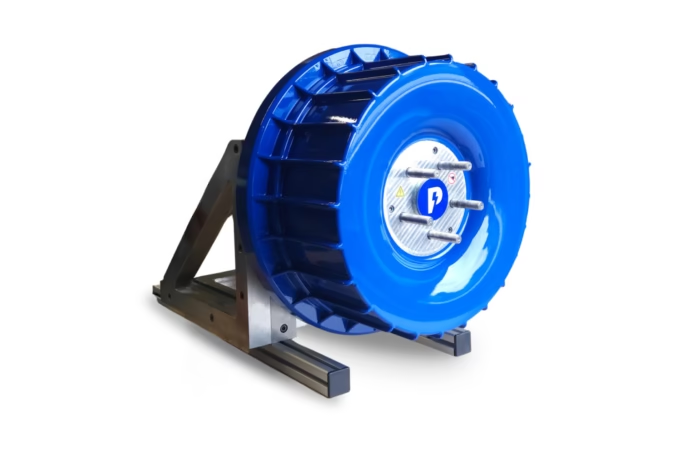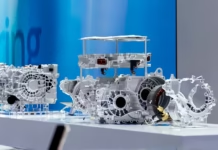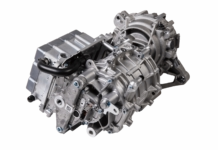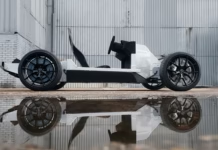Transforming Electric Vehicles with In-Wheel Motors
The electric vehicle (EV) industry continues to evolve, driven by innovations that push performance while cutting costs. Among the most promising advances is in-wheel motor (IWM) technology, which integrates electric motors directly into vehicle wheels. This approach eliminates many mechanical complexities in traditional drivetrains, resulting in lighter, more efficient, and better-performing vehicles with more design flexibility. Protean Electric has emerged as a pioneering force in this domain, developing IWMs that rival conventional twin e-axle systems not only in power but crucially in cost effectiveness. With key milestones anticipated at the IAA Mobility 2025 event, Protean’s evolving technology is poised to reshape the electric vehicle landscape, enabling manufacturers to deliver faster acceleration, simpler production, and more modular EV architectures.
Breaking New Ground: ProteanDrive Achieves Cost Parity with Twin E-Axles
Protean Electric has announced a significant breakthrough with the upcoming generation of its ProteanDrive in-wheel motors. Set for production in 2026, the latest Pd18 2500 model promises price parity with twin e-axle solutions while simultaneously lowering overall vehicle costs. This achievement marks a pivotal moment, as it enables OEMs to adopt IWMs without financial penalties traditionally associated with new technologies. The power capabilities of the Pd18 2500 are impressive, delivering over 220 kW and 2500 Nm per wheel, empowering vehicles to accelerate from 0 to 100 km/h in just under 3 seconds. This level of high performance in a production-ready in-wheel motor is a first for the industry and highlights Protean’s status as a global leader in IWM development.
Advantages of In-Wheel Motors: Efficiency, Modularity, and Simplified Manufacturing
Protean’s in-wheel motors streamline electric vehicle design by replacing complex driveline components such as gears, differentials, and drive shafts with a direct-drive system embedded in each wheel. This simplification reduces vehicle weight and manufacturing complexity, leading to cost savings. For OEMs, this translates into easier integration with existing vehicle platforms and adds modularity to new EV architectures. The increased space efficiency unlocked by removing bulky driveline parts allows for more battery capacity or passenger room, enhancing vehicle versatility. Additionally, the fine torque control afforded by individual wheel motors improves handling, traction, and driving dynamics. These performance and manufacturing benefits position Protean’s technology as a compelling alternative to traditional powertrain layouts, inviting widespread adoption across passenger cars and commercial electric vehicles.
Industry Impact and Recognition at IAA Mobility 2025
Protean Electric is showcasing its latest in-wheel motor technology at the IAA Mobility 2025 expo, set for September 9-12. Following its nomination by a leading European OEM for a performance EV program starting in 2026, Protean’s ProteanDrive IWMs are gaining industry validation. The company already supplies advanced motors for notable projects such as the Renault 5 Turbo 3E, demonstrating the practical application and market readiness of IWMs. Protean’s CEO Andrew Whitehead emphasizes that delivering high-performance electric motors at cost parity with traditional systems proves that innovation can be both better and more affordable. With recent accolades including the 2025 Autocar Innovation Award, Protean Electric is a key player driving the transition towards modular, efficient, and high-performance electric vehicles on a global scale.
In summary, Protean Electric’s progress in in-wheel motor technology exemplifies how EV powertrains are advancing toward greater efficiency, performance, and cost-effectiveness. By eliminating drivetrain complexity and directly powering wheels, Protean’s ProteanDrive motors unlock new possibilities for vehicle design and manufacturing economies. This innovation paves the way for broader EV adoption and offers OEMs a competitive edge as electric mobility becomes mainstream. The upcoming IAA Mobility 2025 event will demonstrate the tangible impact of these cutting-edge IWMs and their role in shaping the next generation of electric vehicles.







